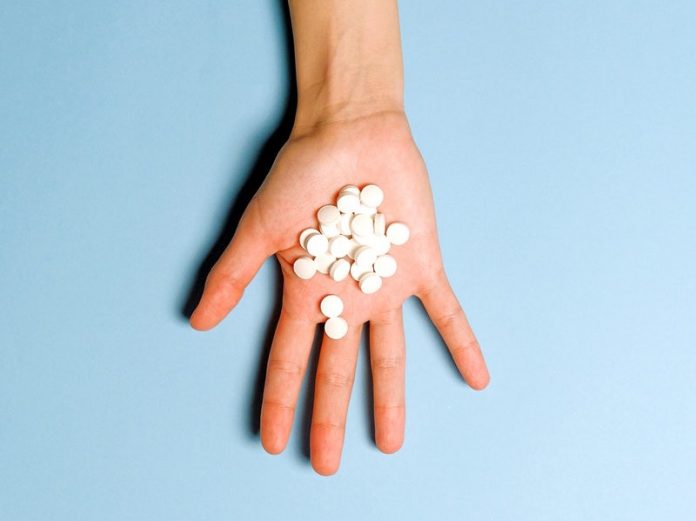
In a new study, researchers found that using heartburn medications known as proton pump inhibitors (PPIs) once or twice daily strongly increases the odds of a positive test for COVID-19 compared to those who do not take PPIs.
The findings are from an online survey of more than 53,000 Americans.
The research was conducted by a team at Cedars-Sinai in Los Angeles and elsewhere.
The team conducted a large population-based, online survey to evaluate whether the use of PPIs increases the risk of COVID-19.
They developed this hypothesis at the beginning of the COVID-19 pandemic when we started to see a high incidence of GI symptoms and learned that the virus sheds into saliva, and thus can be swallowed into the stomach.
They tested the hypothesis in a rigorous study of more than 50,000 Americans and found it to bear out.
According to the team, PPIs increase the risk for enteric infections which is likely related to PPI-induced hypochlorhydria, or low levels of gastric acid.
Although the impact of acid suppression on severe acute respiratory syndrome coronavirus 2 (SARS-CoV-2) is unknown thus far, prior data revealed that pH ≤3 impairs the infectivity of the similar SARS-CoV-1.
Thus, the team aimed to determine whether the use of PPIs increases the odds of acquiring COVID-19 among community-dwelling Americans.
Of 53,130 participants, 3,386 (6.4%) reported a positive COVID-19 test.
People using PPIs up to once daily had strongly increased odds for reporting a positive COVID-19 test when compared to those not taking PPIs.
People taking histamine-2 receptor antagonists (H2RAs) were not at elevated risk.
The team says there is a reason we have acid in our stomach, namely, to kill pathogens before they enter the digestive tract.
Coronaviruses are easily destroyed at a gastric pH of less than 3, but survive in a more neutral pH, including the range created by drugs like omeprazole and esomeprazole.
The findings showed a strong, independent effect of using PPIs on the risk of COVID-19, including a dose-response link with nearly a four-fold increased risk for twice-daily dosing.
But there are no links with the less powerful H2RAs, such as famotidine or cimetidine.
The researchers note that further studies examining the association between PPIs and COVID-19 are needed.
Patients who take PPIs should not make any changes in their treatment due to this study without consulting with their physician, especially if the patients need PPIs to treat their digestive disorders.
Everyone should be mindful of the spread of COVID-19 and wear a mask, observe social distancing, and meticulously wash or sanitize their hands.
One author of the study is Christopher V. Almario, MD, MSHPM.
The study is published in The American Journal of Gastroenterology.
Copyright © 2020 Knowridge Science Report. All rights reserved.



